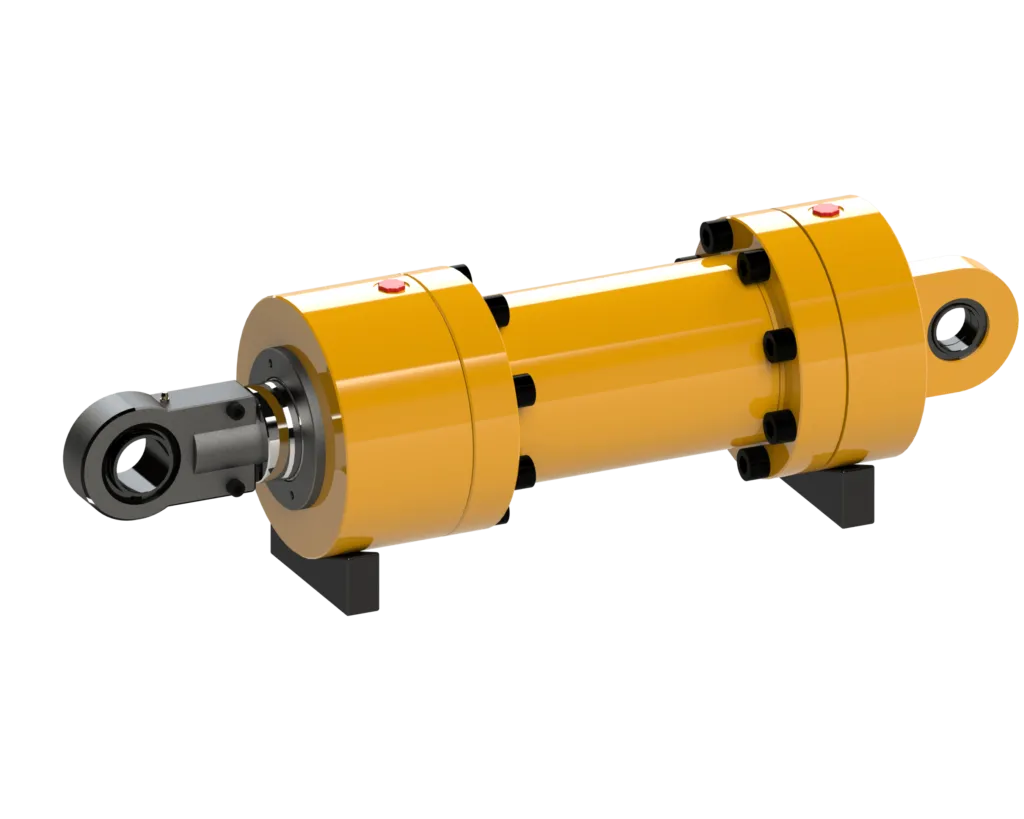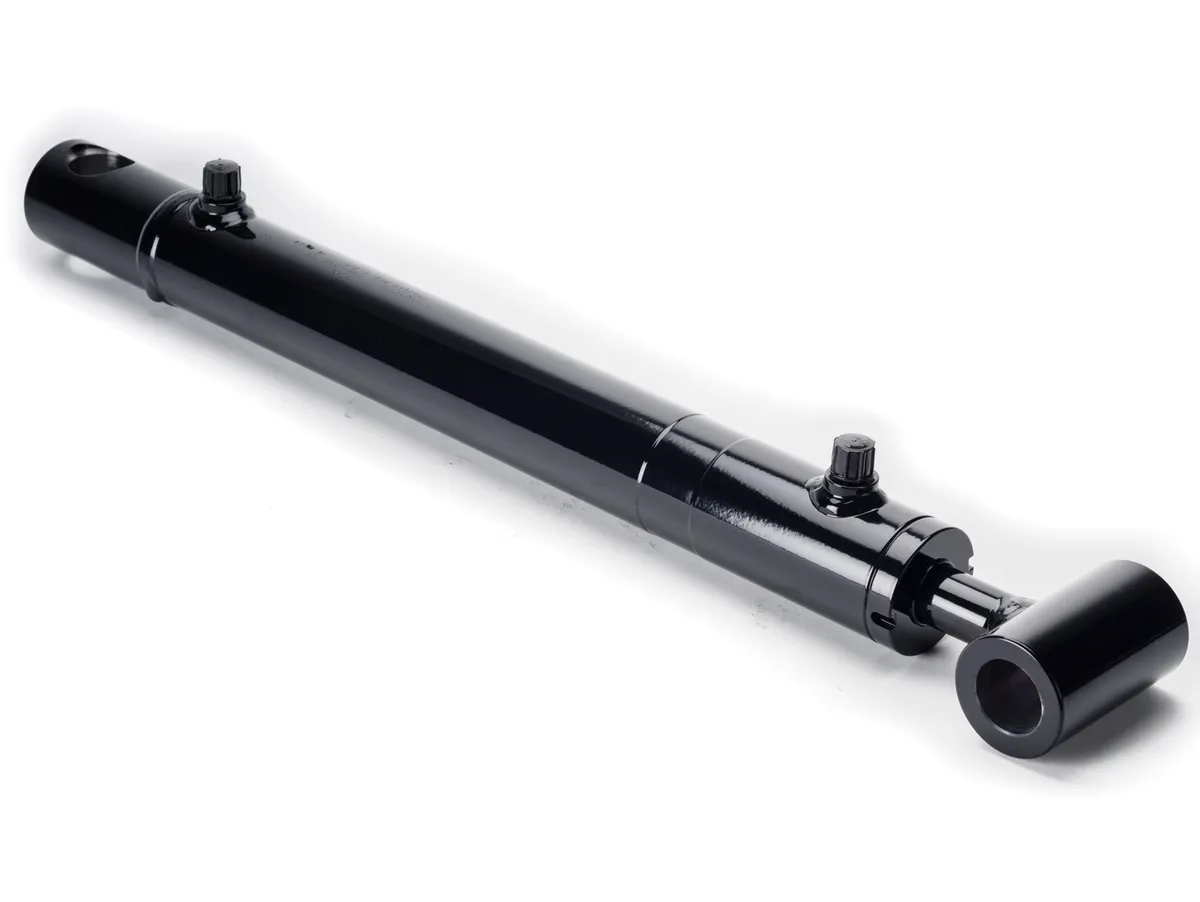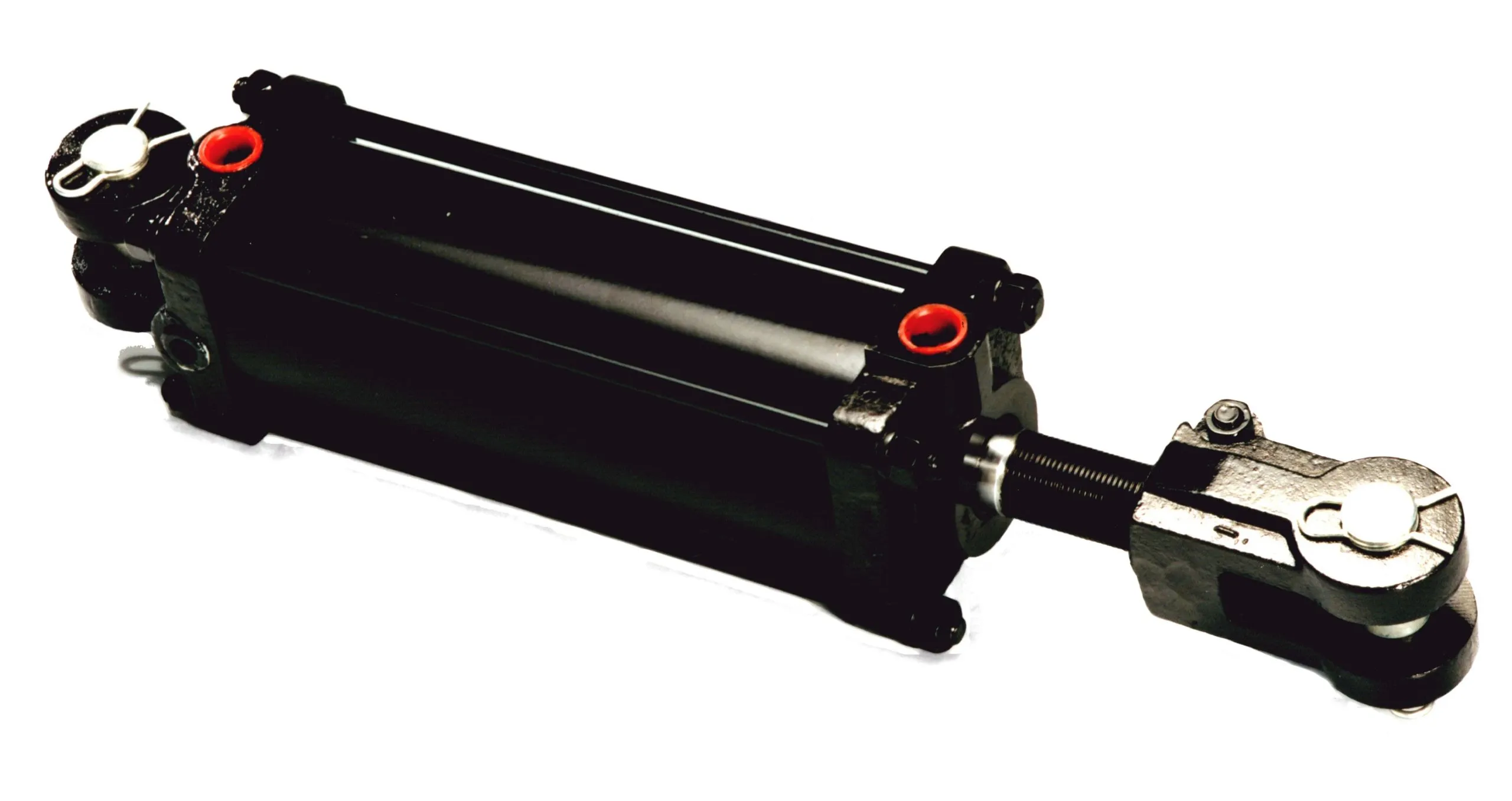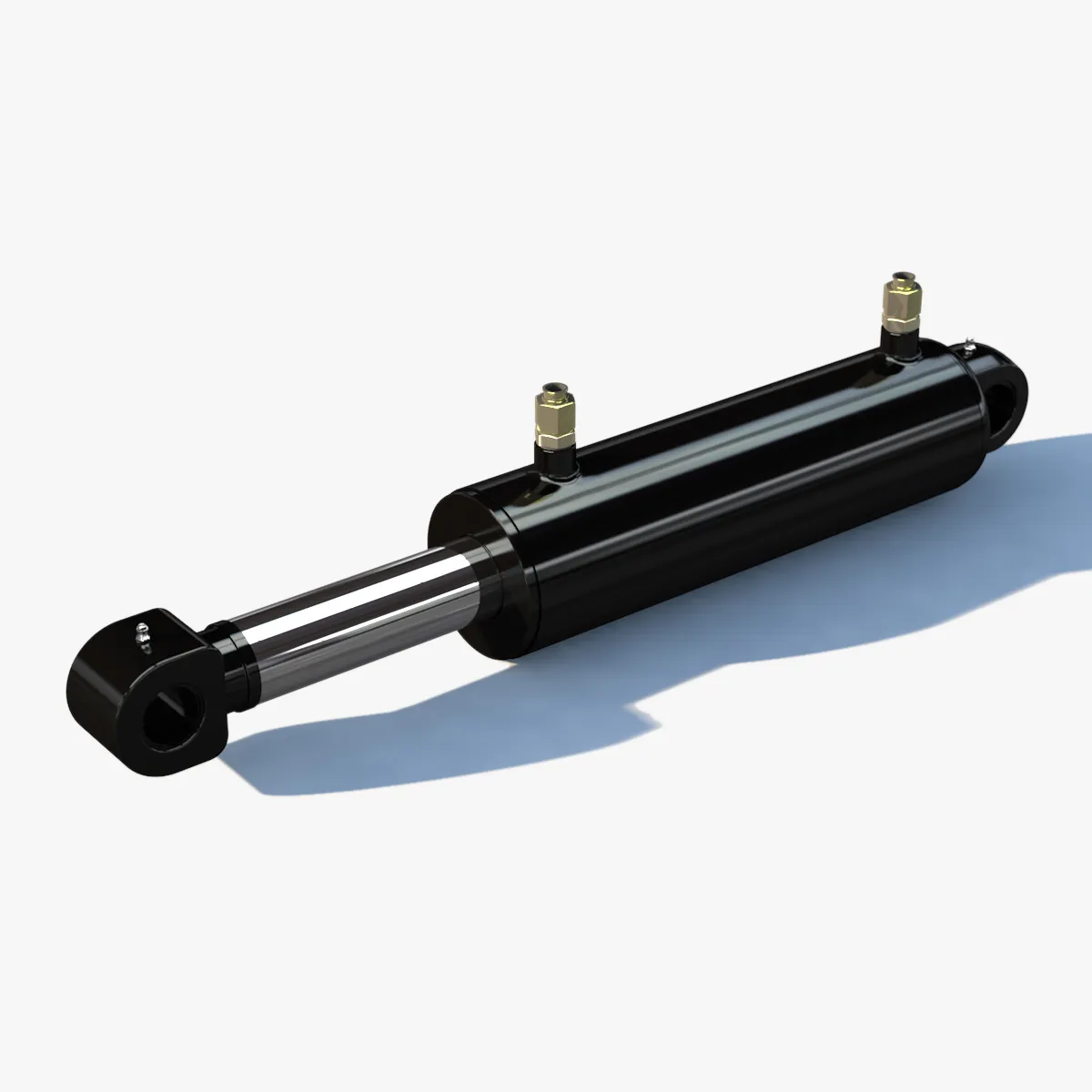The Importance of High-Pressure Welded Hydraulic Cylinders in Agricultural Technology
Introduction
High-pressure welded hydraulic cylinders play a crucial role in modern agricultural technology, providing the necessary power and precision to operate heavy machinery efficiently. In this article, we will delve into the design, construction, working principle, advantages, applications, and maintenance of high-pressure welded hydraulic cylinders specifically tailored for agricultural use.
Design and Construction Characteristics
Materials and Welding Process
High-pressure welded hydraulic cylinders are typically constructed using high-strength steel or aluminum to ensure durability and wear resistance. Advanced welding technologies such as MIG (Metal Inert Gas) or TIG (Tungsten Inert Gas) are employed to enhance the integrity of the cylinder and eliminate weaknesses found in traditional designs.
Design Features
The integrated end cover, piston design, and sealing arrangement of high-pressure welded hydraulic cylinders contribute to their superior performance. These design elements ensure efficient operation and longevity in demanding agricultural environments.
Working Principle
Operation and Functionality

High-pressure welded hydraulic cylinders function by utilizing hydraulic fluid to transfer force, causing the piston to move and perform the required workload. A robust sealing system and pressure release mechanism ensure reliable operation under varying conditions.
Types and Configurations
There are three main types of high-pressure welded hydraulic cylinders available for agricultural machinery, each tailored to specific applications. These cylinders offer versatility and precision in various farming tasks.
Advantages
Strength vs. Reliability
High-pressure welded hydraulic cylinders boast increased strength due to their welded construction, enabling higher pressure ratings and enhanced reliability in agricultural operations.
Compact Design
Compared to traditional tie-rod designs, welded cylinders feature a more compact design, making them ideal for space-limited agricultural equipment.

Maintenance Benefits
The reduction of moving parts in welded cylinders minimizes maintenance needs, providing cost-effective and efficient solutions for farmers.
Performance Characteristics
High Strength and Durability
High-pressure welded hydraulic cylinders are engineered from high-strength steel to ensure structural stability and durability in demanding agricultural environments.
High Pressure Capacity
Designed to withstand higher working pressures, welded cylinders offer superior performance in challenging agricultural applications.
Compact Design
The compact nature of welded cylinders makes them suitable for a wide range of agricultural machinery, providing flexibility and adaptability on the field.
Industries and Applications
High-pressure welded hydraulic cylinders find widespread use in various industries, including construction, agriculture, manufacturing, and more. These cylinders power essential equipment such as excavators, tractors, and robots, enhancing productivity and efficiency.
Design Considerations and Selection Criteria
Bearing Capacity and Durability
When selecting high-pressure welded hydraulic cylinders for agricultural use, factors such as bearing capacity, sealing efficiency, durability, and safety must be carefully considered to ensure optimal performance and longevity.
Sealing and Lubrication
Seal Materials and Lubrication
High-pressure welded hydraulic cylinders utilize specialized seals such as piston seals, rod seals, and wear-resistant materials to ensure effective operation. Regular lubrication with hydraulic oil enhances wear resistance and prolongs cylinder life.
Maintenance and Safety
Preventive Measures
Regular inspection and proactive maintenance are essential for ensuring the safety and longevity of high-pressure welded hydraulic cylinders in agricultural applications. Following recommended maintenance procedures can prevent costly downtime and equipment failure.
Installation and Maintenance Tasks
Maintenance Guidelines
Proper installation, lubrication, and maintenance tasks such as seal replacement and calibration are crucial for maximizing the performance and lifespan of high-pressure welded hydraulic cylinders in agricultural equipment.
Safety Considerations and Environmental Factors
Adhering to safety protocols and environmental regulations when using high-pressure welded hydraulic cylinders is paramount to prevent accidents and ensure sustainable agricultural practices.
Fault Diagnosis and Troubleshooting
Identifying common problems and implementing effective troubleshooting solutions for high-pressure welded hydraulic cylinders in agricultural technology can help farmers maintain operational efficiency and equipment reliability.
FAQs
1. How do high-pressure welded hydraulic cylinders differ from traditional hydraulic cylinders?
High-pressure welded hydraulic cylinders offer increased strength and durability compared to traditional cylinders, thanks to their welded construction and advanced materials.
2. What materials are commonly used in the construction of these cylinders?
High-strength steel and aluminum are commonly used materials in the construction of high-pressure welded hydraulic cylinders for agricultural technology.
3. What advantages do high-pressure welded cylinders offer in terms of strength and durability?
High-pressure welded cylinders provide superior strength, increased pressure capacity, and enhanced durability for reliable performance in demanding agricultural applications.
Long Tail Keywords
1. High-Pressure Welded Hydraulic Cylinder Strength
2. High-Pressure Welded Cylinder Durability
3. Agricultural Technology Hydraulic Cylinder


Our Company
We are a leading hydraulic cylinder manufacturer specializing in high-pressure welded cylinders for agricultural technology. With a comprehensive product line and international certifications, we provide customized solutions, state-of-the-art production equipment, and reliable after-sales service to meet the diverse needs of our customers worldwide.
Author: lyl
